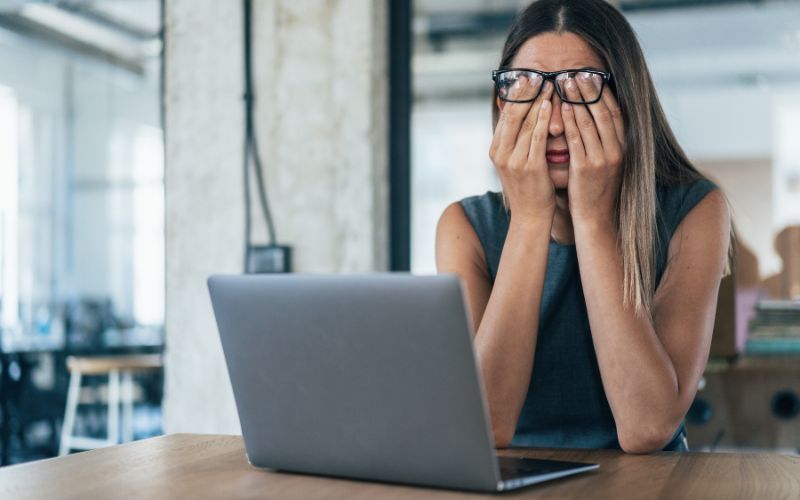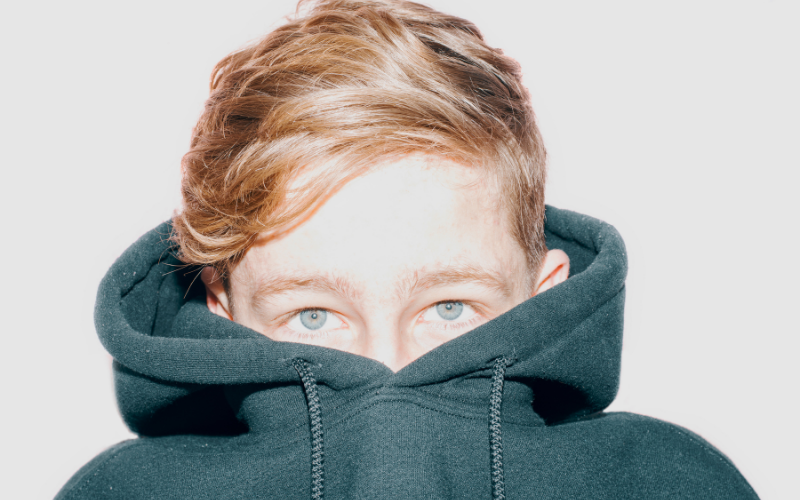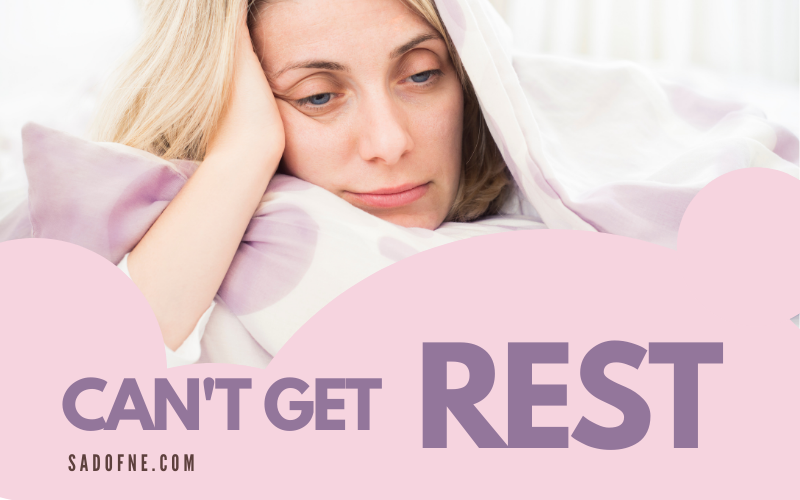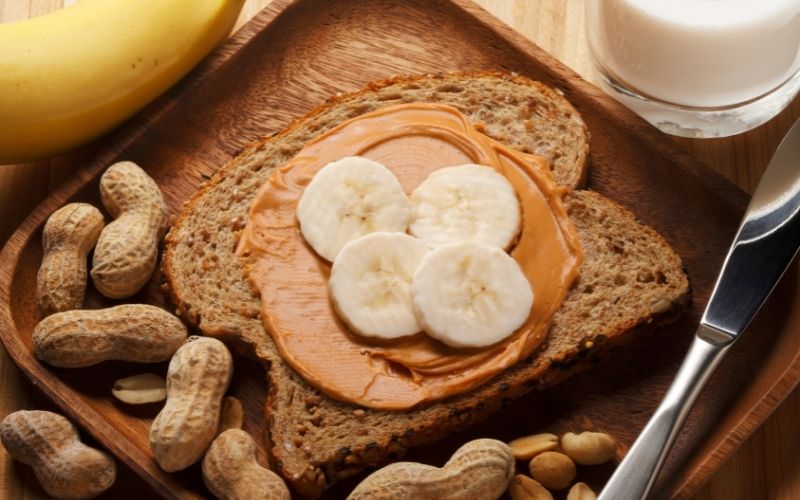Dangers of Uncontrolled Sleep Apnea
Original Article | JohnsHopkins.org
You’ve probably heard that regular exercise and a heart-healthy diet are the most important things you can do for your cardiovascular health. As it turns out, though, the quality of sleep you receive is also critical to your heart’s wellbeing.
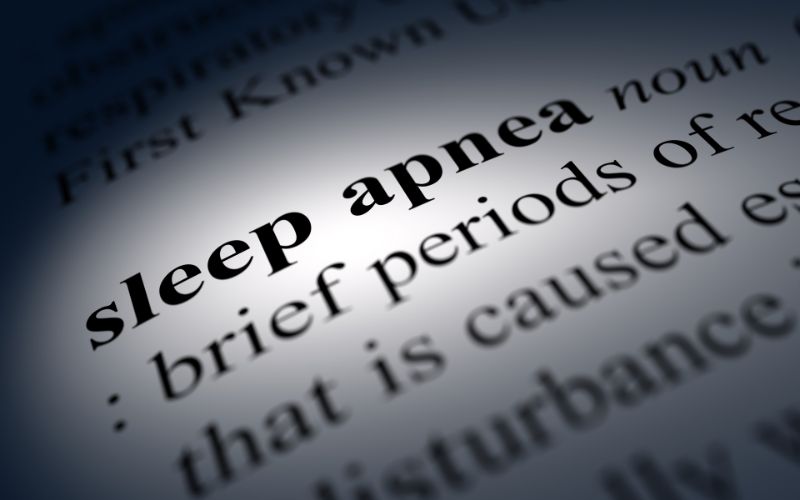
In particular, undiagnosed sleep apnea is directly tied to an increased risk in cardiovascular and metabolic health. The scariest part? You might not even know you have this very common problem.
“Sleep apnea happens when upper airway muscles relax during sleep and pinch off the airway, which prevents you from getting enough air. Your breathing may pause for 10 seconds or more at a time, until your reflexes kick in and you start breathing again,” explains Jonathan Jun, M.D. , a pulmonary and sleep medicine specialist at the Johns Hopkins Sleep Disorders Center.
Sleep apnea occurs in about 3 percent of normal weight individuals but affects over 20 percent of obese people, Jun says. In general, sleep apnea affects men more than women. However, sleep apnea rates increase sharply in women after menopause. Sleep apnea is often linked to heart disease and metabolic issues like diabetes.
What are the signs of sleep apnea?
There are two kinds of sleep apnea: obstructive sleep apnea and central sleep apnea. Obstructive sleep apnea happens when air can’t flow into or out of the nose or mouth, although you’re trying to breathe. Central sleep apnea happens when the brain fails to send the right signals to your muscles to make you start breathing. (This type is less common.)
“Sleep apnea may be noticed more by the bed partner than by the sleeper,” says Jun. “Your bed partner might notice that your breathing pauses, or they may complain of your loud snoring.”
That said, snoring itself—though annoying—isn’t the same as sleep apnea. Snoring is just the vibration sound created by airway resistance. You can snore loudly and not have sleep apnea, and you may even have sleep apnea without much snoring.
People with sleep apnea might also suffer from unexplained fatigue and mood swings, because their breathing interruptions continually wake them and prevent them from settling into a deep, nourishing sleep.
The consequences can be significant, Jun says. “We’re talking about car accidents in the daytime, lost productivity at work, mood swings, waking up feeling groggy and falling asleep in class.”
Other sufferers might wake up with a dry mouth, since sleep apnea tends to make you breathe with an open mouth, drying out your saliva. Some awaken with a headache, which may be caused by low oxygen or high carbon dioxide levels during sleep.
How is Weight Control Linked to Sleep Apnea?
“Weight control is very important. There are many studies showing that losing weight can either completely cure you of sleep apnea or at least make it less severe,” Jun says.
Sleep apnea, cardiovascular risk and metabolism
Several studies have shown an association between sleep apnea and problems like type 2 diabetes , strokes , heart attacks and even a shortened lifespan, says Jun. Why this connection? For one thing, obesity is common in sleep apnea patients, and obesity greatly increases risks of diabetes, stroke and heart attack, he says. “In most cases, obesity is the main culprit behind both conditions,” Jun explains.
Still, it’s important to note that not everyone with sleep apnea is obese. Furthermore, evidence suggests an independent link between sleep apnea and diabetes. “Our lab and others have shown that sleep apnea is associated with higher risks of diabetes, independent of obesity, and that sleep apnea can increase blood sugar levels,” says Jun.
For people who are overweight or obese, weight loss is key for treating or avoiding sleep apnea. People who accumulate fat in the neck, tongue and upper belly are especially vulnerable to getting sleep apnea. This weight reduces the diameter of the throat and pushes against the lungs, contributing to airway collapse during sleep.
Women in particular should be careful as they age. While premenopausal women tend to put on weight in the hips and in the lower body instead of the belly, this shifts with time. Weight begins to accumulate in traditionally “male” areas like the tummy, and this leads to a greater chance of sleep apnea.
“After menopause, hormones change and women tend to start looking like men in terms of where the weight gets put on. It’s a time to be paying attention to the risks of sleep apnea because women begin to catch up to men in the rates of apnea after menopause,” Jun says.15
Diagnosing and treating sleep apnea for better health
It’s important to treat sleep apnea, because it can have long-term consequences for your health. While there have been some high-profile deaths linked to sleep apnea—such as with Judge Antonin Scalia —Jun says that the true risk is from damage done over time.
Obstructive sleep apnea can range from mild to severe, based on a measurement system called the apnea-hypopnea index (AHI). The AHI measures the number of breathing pauses that you experience per hour that you sleep.
Obstructive sleep apnea is classified by severity:
- Severe obstructive sleep apnea means that your AHI is greater than 30 (more than 30 episodes per hour)
- Moderate obstructive sleep apnea means that your AHI is between 15 and 30
- Mild obstructive sleep apnea means that your AHI is between 5 and 15
Whether or not you need treatment for sleep apnea depends on its severity, whether or not you have symptoms such as sleepiness and other health conditions. For example, if you have risk factors for heart disease, your doctor might opt to treat you even for mild sleep apnea. On the other hand, if you have a severe case of sleep apnea, your doctor might insist on treatment even if you’re not sleepy.
The main choice of therapy is a breathing device called a CPAP, or continuous positive airway pressure machine. A CPAP machine pipes humidified air through the nose, which creates air pressure to keep your throat open while asleep. This prevents pauses in breathing.
“CPAP is the first-line treatment, and it’s very effective,” Jun says. A recent Johns Hopkins study looked at what happens to metabolism at night when sleep apnea patients don’t wear their CPAP. The study found that the resulting apnea caused a spike in blood sugar, heart rate, blood pressure and stress hormones—a response similar to what might happen if you were asked to get up in front of a crowd to speak. “It’s very similar to that type of a stress response,” says Jun. “I would liken sleep apnea to something like that happening on a nightly basis.”
CPAP is not the only alternative.
Many cannot tolerate the CPAP machine and are able to obtain the help they need from a Sleep Apnea Dental Specialist. Their use of an oral appliance has helped hundreds of thousands resolve their medical issues as they pertain to Sleep Apnea.
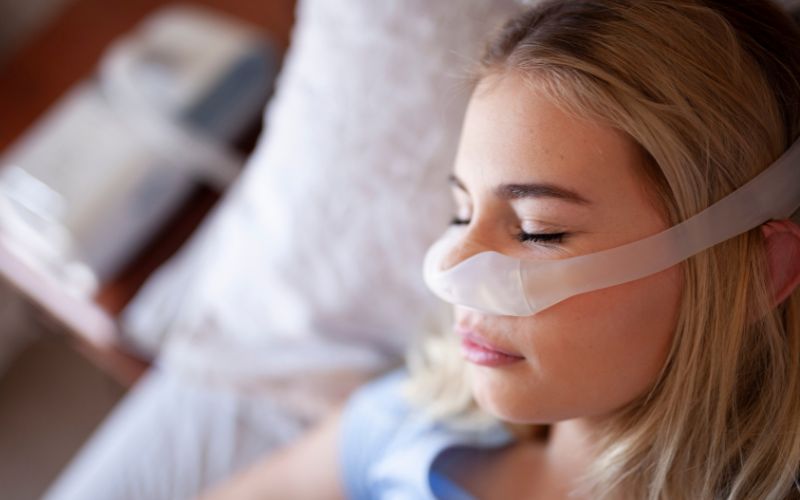
Get the Medical Equipment You Need at Home
Many studies show that regular use of CPAP or oral devices reduces blood pressure and improves wakefulness during the day. People with sleep apnea who use sleep apnea therapeutic devices also report improved quality of life. In some observational studies that compare people with apnea who seek sleep apnea remedies versus those who don’t, those seeking treatment have lower risk of stroke and heart attack and lower blood glucose, Jun notes.
If you or your partner has noticed signs of sleep apnea, visit your doctor. A sleep specialist can order a sleep apnea test, which uses equipment to monitor your breathing and oxygen levels while you sleep. Often, you’ll visit a laboratory to spend the night for monitoring. Other times, it’s possible to use a portable, take-home kit. You’ll rest easier knowing the results.


